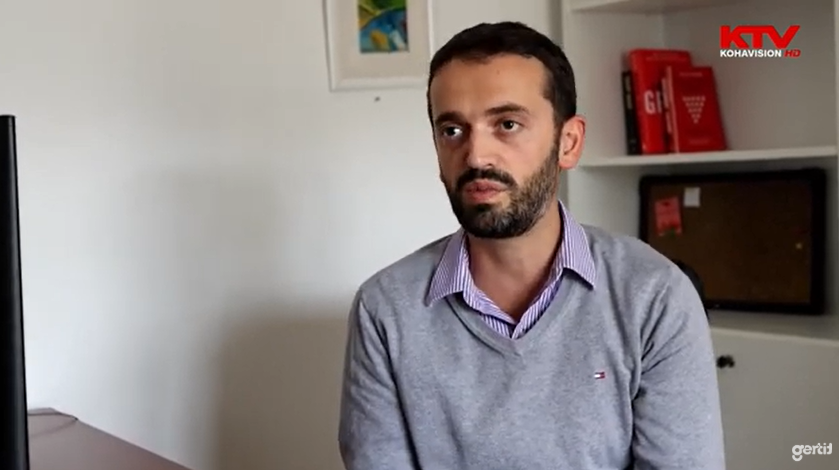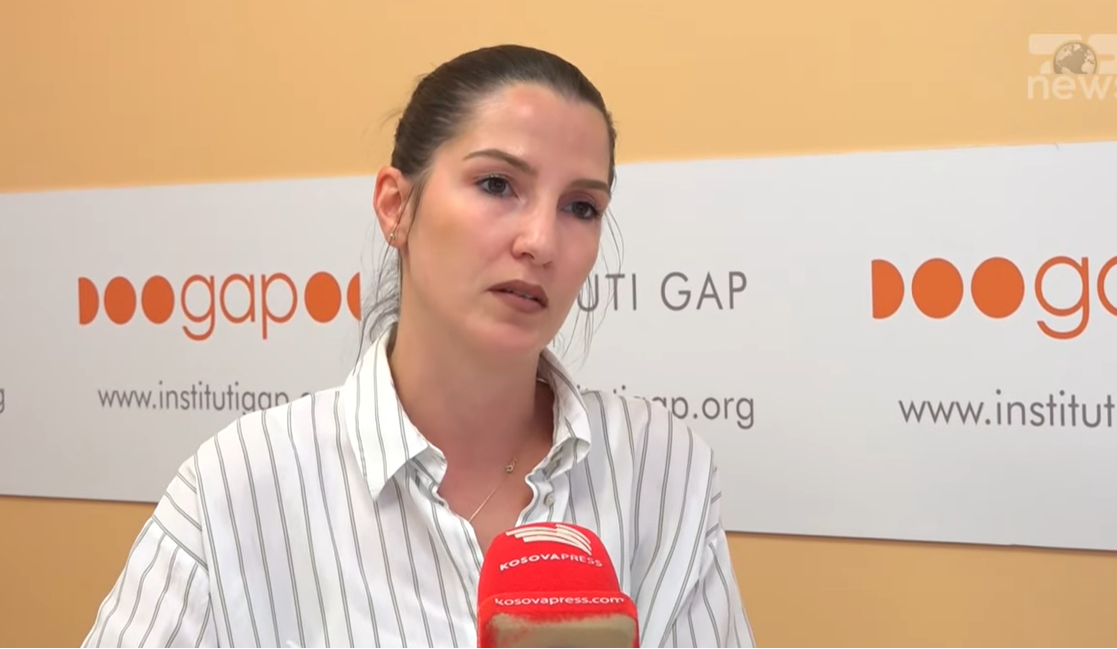GAP Institute published the analysis “Establishment of new Municipalities in Kosovo - budget implications and financial self-sustainability”
26/07/2013
GAP Institute published the analysis “Establishment of new Municipalities in Kosovo - budget implications and financial self-sustainability”
Read full report here:In a press conference, GAP Institute published today the analysis “Establishment of new Municipalities in Kosovo - budget implications and financial self-sustainability”. The analysis was presented by Visar Rushiti - Policy Analyst and Agron Demi- Executive Director at GAP Institute.
GAP analysis about the new municipalities in Kosovo studies legal base of the establishment of new municipalities, applications of those locations with the purpose of creating new municipalities, budget and administrative implications resulting from the establishment of new municipalities, assessment of civil service situation and challenges toward functioning of new municipalities.
Based on official data acquired and analyzed from GAP Institute, 11 groups of villages have applied to acquire the status of the Municipality. These locations are: Rogove, Gjonaj, Reçan, Hogosht, Janjevë, Llapjas (Kërpimeh), Krusha e Madhe, Zhegra, Orllan and Pozheran. 9 of these locations are populated by majority of Albanians; one is populated by the majority of Bosnians (Reçan), and one with the majority of Croatin population.
According to GAP Institute’s analysis, existing legal base for the establishment of new municipalities is not sufficient. There is lack of clear instructions with regard to the minimal criteria and procedures in order for a location to become a Municipality. All the location’s applications reviewed by GAP Institute do not contain sufficient information with regard to population, number of houses and businesses, territory etc.
Due to the lack of these information and taking into account that central institutions are not analyzing these applications, GAP Institute has collected additional information about these groups of villages. GAP has interviewed applications’ initiators and has completed these municipalities’ profile by adding the number of population, houses, businesses, territory etc. If we take into account so far the applications of the locations, we find that the number of habitants in the potential new municipalities varies from 3.426 (Janjeva) to 24.639 (Komoran).
There are three main requirements for a location in order to establish a new municipality:
- History or whether it has been a municipality in previous years;
- Distance from the administrative center and difficulties in delivering municipal services and;
- Lack of capital investment in the area;
According to GAP Institute, establishment of new municipalities in general will lower the level of total budget allocated for the municipalities, especially the budget of those municipalities from which the new municipalities are going to be established. Establishment of new municipalities will significantly increase the total number of civil servants, thus increasing wages while lowering capital investments and subventions. Each new municipality at least must have 55 civil servants. In most of the locations there are a small number of houses and businesses, thus the base for self-generated incomes is very small. As a consequence, new municipalities will largely be dependent on government grants. In addition, none of the new municipalities would be able to function in the short-term, as there is lack of infrastructure, administrative base, education, health and human resources.
GAP Institute recommends Government of Kosovo to not continue with the establishment of new municipalities. In case of the three new municipalities created with the decision of Government (Municipalitiy of Gjonaj, Rogova and Zhegra), local elections should not be held in 2013. Assembly of Kosovo, should not legitimate Government’s decision for the establishment of new municipalities, if a feasibility study has not been conducted before. Ministry of Local Government Administration should start preparing amendments and complete the legal base about the criteria and procedures required in order to establish new municipalities. None of the new municipalities should start functioning with full competences, without passing a certain period of functioning as a pilot-unit municipality. Existing municipalities, should distribute capital investments equally so to not discriminate certain locations within the municipality territory. In addition, existing municipalities in coordination with the central level should create the proper conditions in order to concentrate administrative services and start providing services for administrative documentation in areas outside urban zone. These steps are needed in order to provide better services for the citizens and accommodate their demands within the existing municipalities without creation of new Municipalities.
















